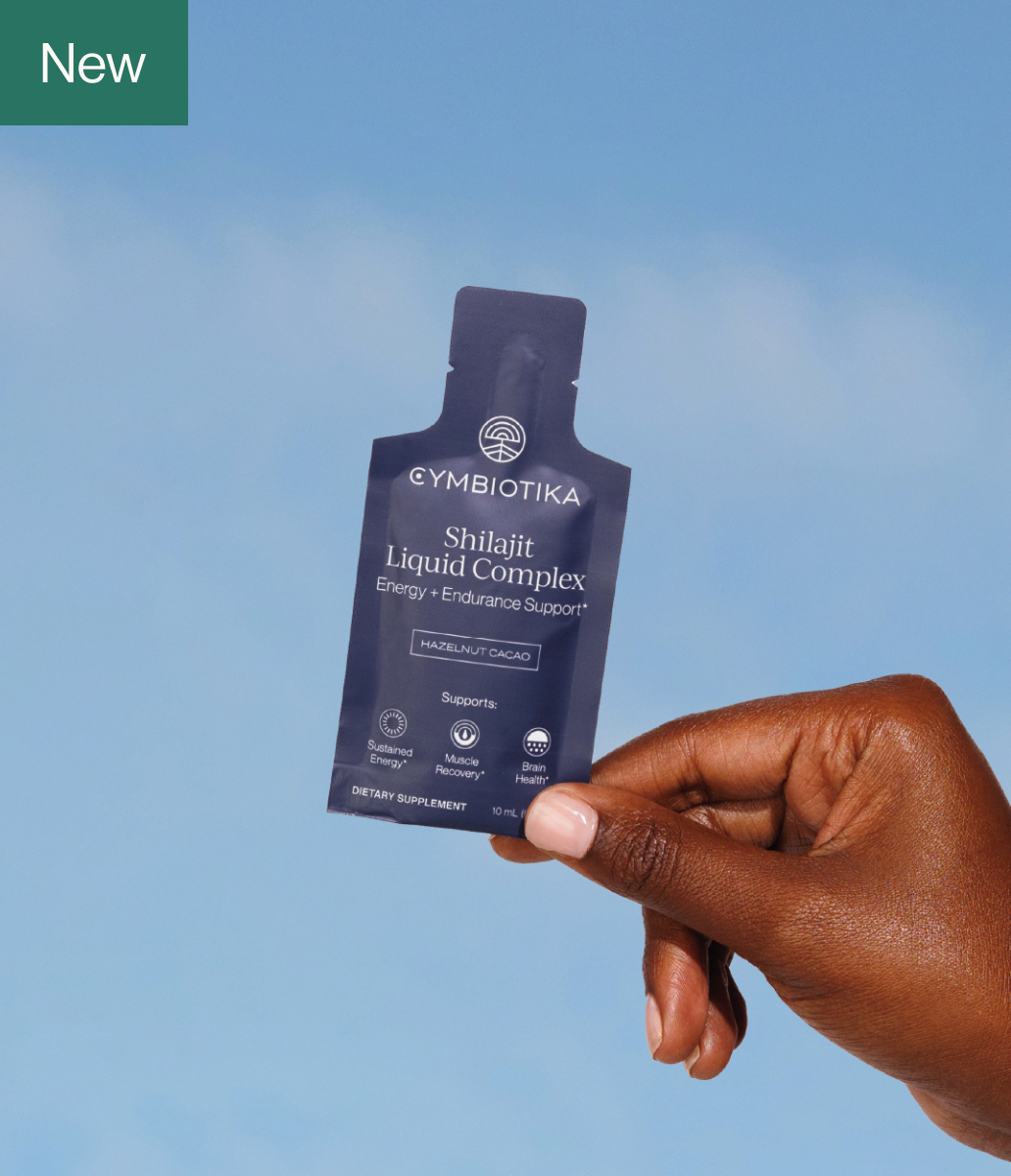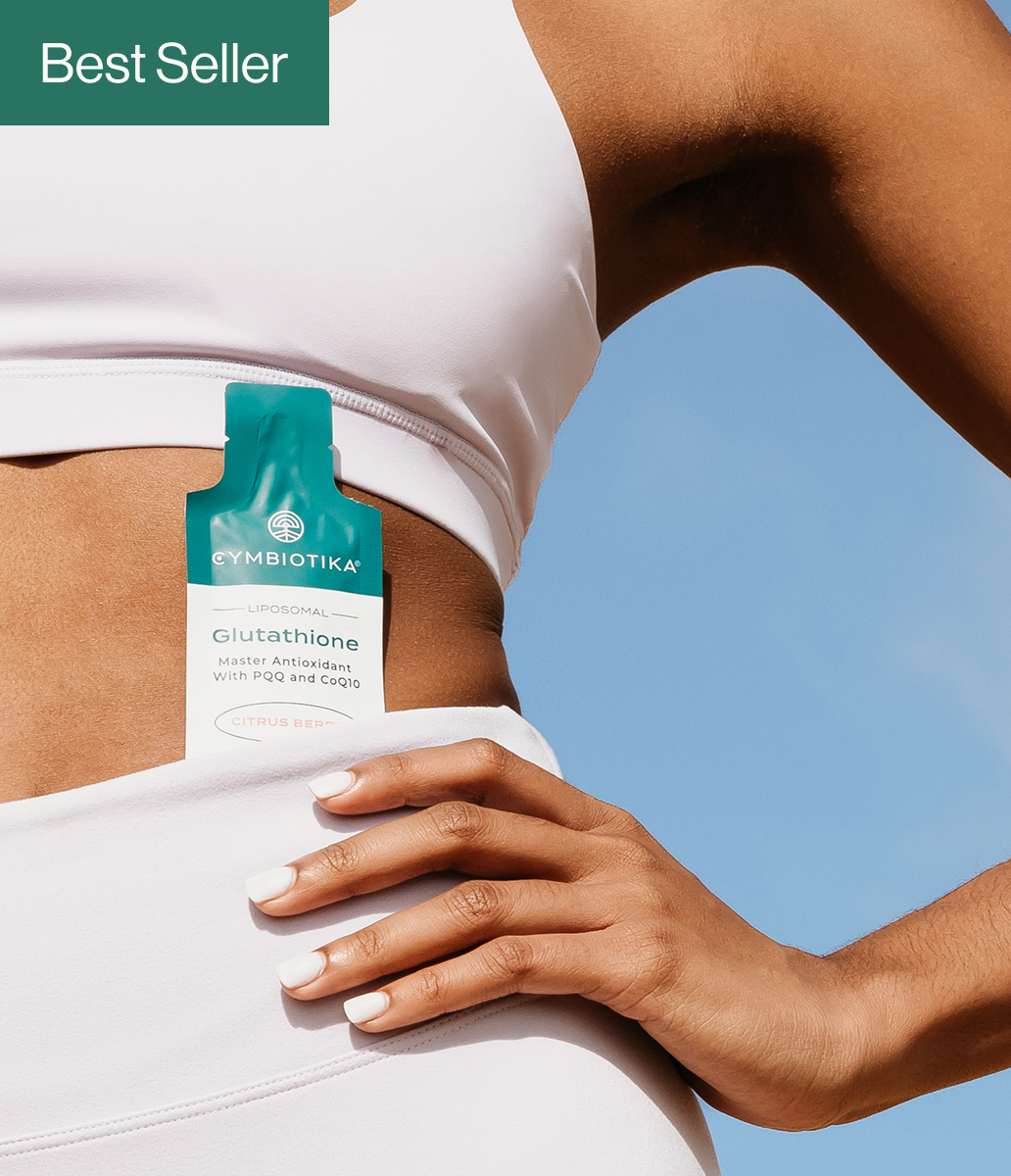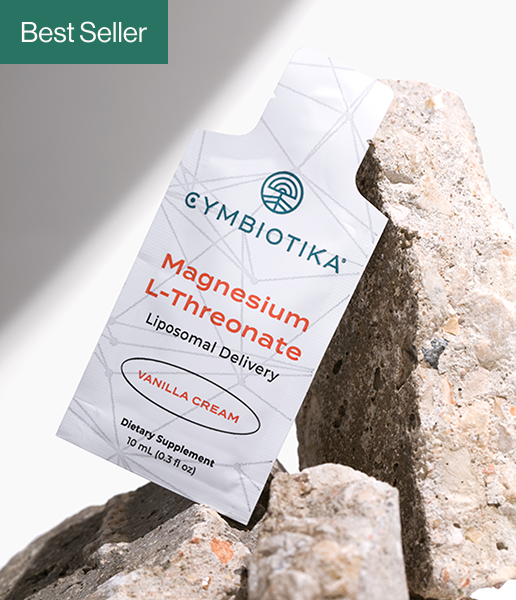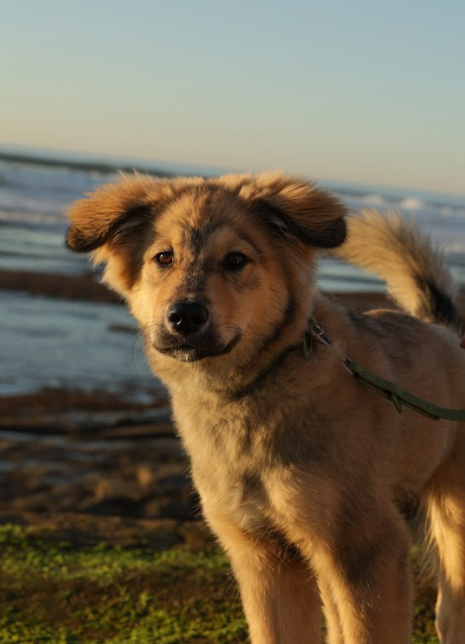
As a pet owner, you probably view your pet as a cherished member of your family. It’s natural to want to ensure you’re giving them the best care possible – you play a crucial role in your pet’s health and happiness.
If you’re striving to be an excellent pet parent, here are 11 pet care tips to remember.
Take Care of Your Pet’s Basic Needs
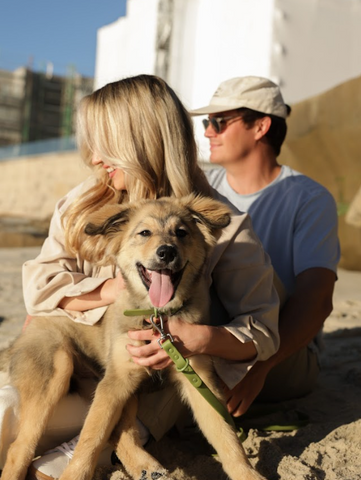
As a pet owner, it's crucial to know and fulfill your pet's fundamental needs. Whether you're new to pet ownership or a seasoned pro, these tips will guide you in keeping your pet healthy and happy.
Brush your pet’s teeth regularly
Humans aren't the only ones who need to brush their teeth – dogs do, too. It's suggested to brush their teeth at least three times a week to remove plaque and prevent tartar buildup. Get them used to this routine early on so they won't be scared or resistant to brushing later in life. Also, remember to use toothpaste specifically made for pets, as human toothpaste can be harmful if swallowed by them.
Keep your pet hydrated
Ensure your dog always has access to clean water by refilling their bowl regularly and washing it to prevent bacteria. Remember, unlike humans, pets can't refill their own water, so they rely on you. Fresh water is essential, so avoid leaving it for days. Dogs need at least one ounce of water per pound of body weight daily for improved cognitive function, digestion, and energy levels.
Ensure your pet is eating quality foods
Examine your pet's food label. Are there unfamiliar ingredients, preservatives, fillers, artificial colors, or low-quality components? If so, think about incorporating more raw, high-quality foods into their diet. Raw pet food consists of real, natural ingredients that are never cooked or processed. These foods have limited ingredients because they're not artificially processed, avoiding harmful chemicals. Raw pet food contains essential nutrients and includes a variety of foods like raw eggs, organ meats, and pet-safe vegetables.
Pay attention to how much your pet eats
In the latest data from Banfield Pet Hospital, over a third (34%) of dogs have been diagnosed as obese. Unfortunately, overweight dogs face various health risks, including metabolic issues, heart problems, and weakened immune systems. While it might be tempting to spoil your furry friend, remember that overfeeding can lead to serious health complications.
Regularly groom your pet
Maintain your pet's coat with regular grooming to keep it clean, healthy, and shiny. This routine can minimize shedding, detect skin issues early, keep your pet cool in summer, and eliminate dead skin. Aim for grooming every 8 weeks, adjusting as needed based on fur thickness.
Consider supplements for pets
Ensuring your pets receive optimal nutrition for their health may be challenging. That's why Cymbiotika Pets offers top-quality solutions for pet health. Their formulas target vital aspects of pet wellness, including gut health, joint health, skin and coat health, and managing hyperactivity and anxiety. Free from toxins, fillers, and allergens, these human-grade formulas are crafted by passionate dog lovers to enhance your pet's quality of life. Keep an eye out on your email to be notified when we launch!
Keep Your Pet Safe
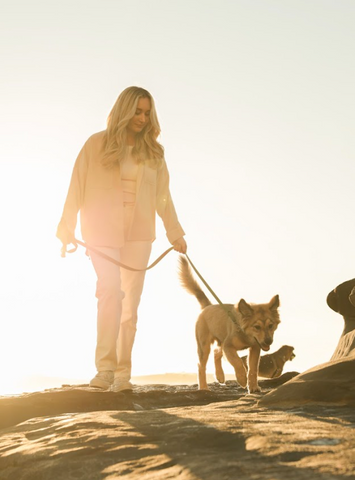
There are dangers in and around your home that could harm your pet. Here are some tips to keep your dog safe and out of trouble.
Keep food out of your pet’s reach
Many human foods are actually toxic to pets, including chocolate, grapes, onions, and garlic. It's important to be aware of these dangers and to ensure your furry friend doesn't have access to them.
Secure chemicals and toxins around your home
Make sure you secure any potential toxins from your home, such as kitchen items, chemicals, and sharp utensils. Toxic plants like Foxglove, Japanese Yew, and Lily of the Valley should be kept out of reach, along with harmful substances like swimming pool chemicals, bleach, and toilet bowl cleaners. Secure trash cans, keep toilet lids closed, and prevent access to dangling wires to avoid accidents.
Create a safe space for your pet
When pets experience anxiety or stress, whether it's from loud guests or other triggers, it's important to create a safe space where they can find comfort and security. Designate a cozy area in your home with familiar comforts like a soft bed, a warm blanket, their favorite toys, and a bowl of fresh water to help them feel at ease. Providing a safe haven for your pet ensures they have a retreat that they can rely on during times of distress.
Take care of your pet's things
Make sure to clean your pet's belongings regularly. Washing your pet's toys, blankets, and bedding helps get rid of germs, dirt, pollen, and other things that might bother your pet. Since some pets have seasonal allergies, it's important to wash their bedding regularly.
Supervise your pet outside
If you have a pool or live near water, always watch your pet outside. While some breeds can swim naturally, many cannot. Additionally, supervising your pet outside unsupervised helps avoid other risks like getting lost, stolen, or into a fight with other animals.
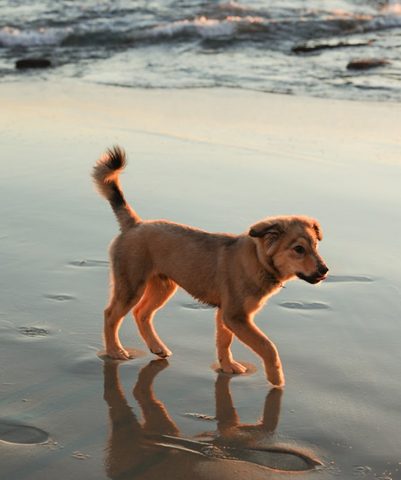
Sources:
Weir, M., Hiscox, L., & Bellows, J. (n.d.). Brushing your dog’s teeth: VCA Animal Hospital: VCA Animal Hospitals. VCA. https://vcahospitals.com/know-your-pet/brushing-teeth-in-dogs#:~:text=Like%20us%2C%20it%20is%20best,plaque%20and%20prevent%20tartar%20accumulation
Modgy. (n.d.). Dog hydration facts. Modgy. https://www.modgy.com/pages/dog-hydration-facts
Tkac, S., & Tkac, S. (2021, November 9). The importance of pet grooming | Pet health | Pet Groomers. Bridge Park Animal Hospital | Top Veterinarian in Johns Creek, GA | Animal Hospital. https://www.bpanimalhospital.com/post/the-importance-of-pet-grooming/
Kremp, C. (n.d.). The Animal Health Foundation. The Animal Health Foundation. https://www.animalhealthfoundation.org/blog/?s=garden&gad_source=1&gclid=CjwKCAiArLyuBhA7EiwA-qo80J9BVWIx3nJeZAFDgABt-xsTGaXLJByL-hZK6ykueyO-YyMLiwmKVxoCUw8QAvD_BwE
Center for Veterinary Medicine. (2023, February 28). Potentially dangerous items for your pet. U.S. Food And Drug Administration. https://www.fda.gov/animal-veterinary/animal-health-literacy/potentially-dangerous-items-your-pet
Center for Veterinary Medicine. (2023, February 28). Potentially dangerous items for your pet. U.S. Food And Drug Administration. https://www.fda.gov/animal-veterinary/animal-health-literacy/potentially-dangerous-items-your-pet
What are “Clean Ingredients” in Pet Food? | Green Coast Pet. (2023, July 26). https://www.greencoastpet.com/what-are-clean-ingredients-in-pet-food
Kilroy, A. (2022, October 3). 25 dog care tips for pet parents. Forbes Advisor. https://www.forbes.com/advisor/pet-insurance/pet-care/dog-care-tips/
